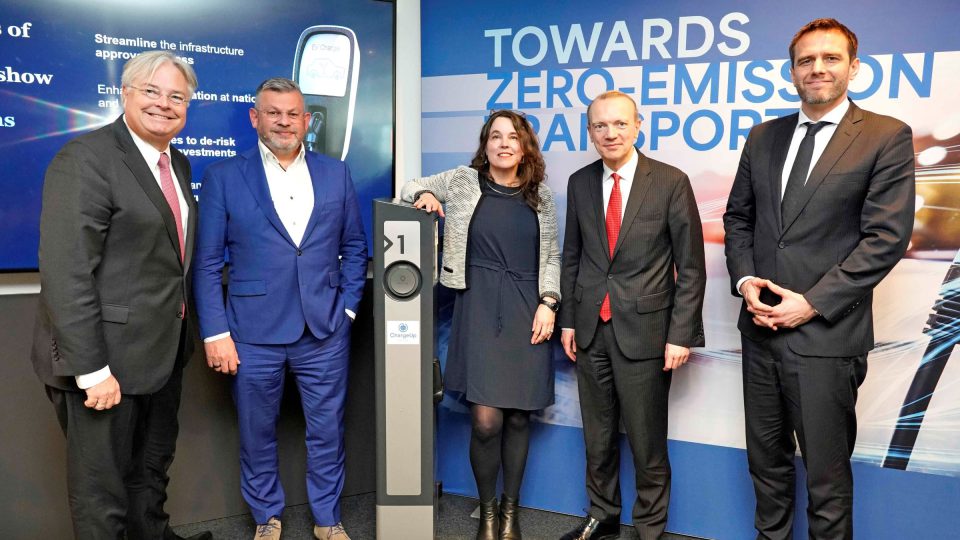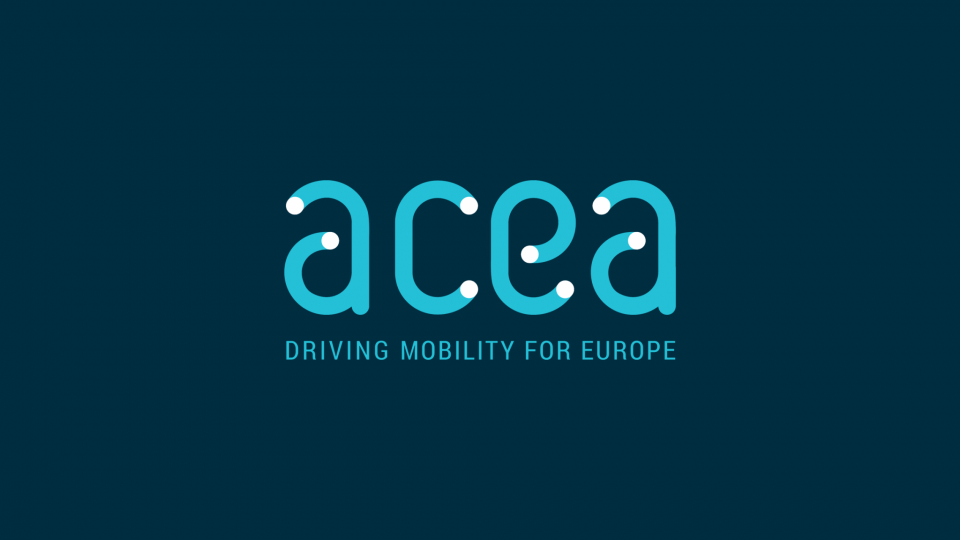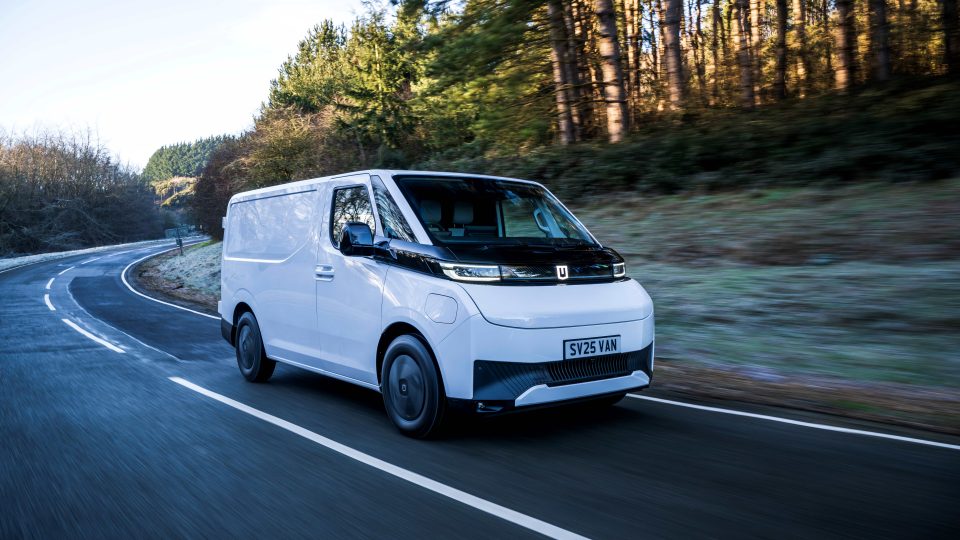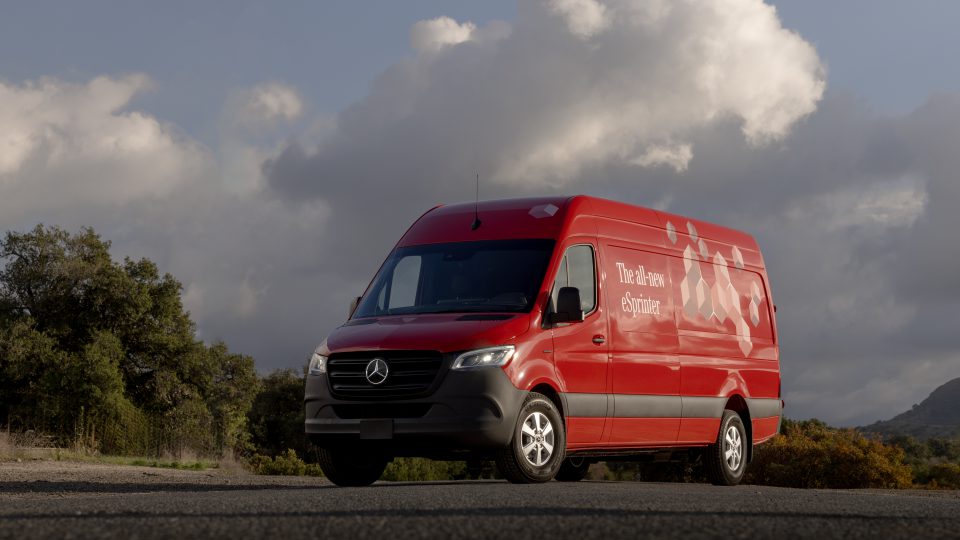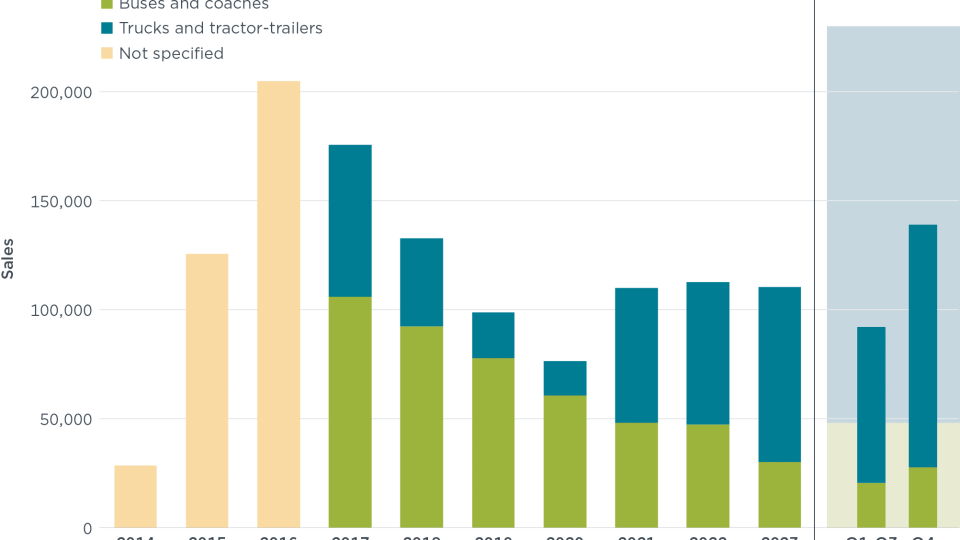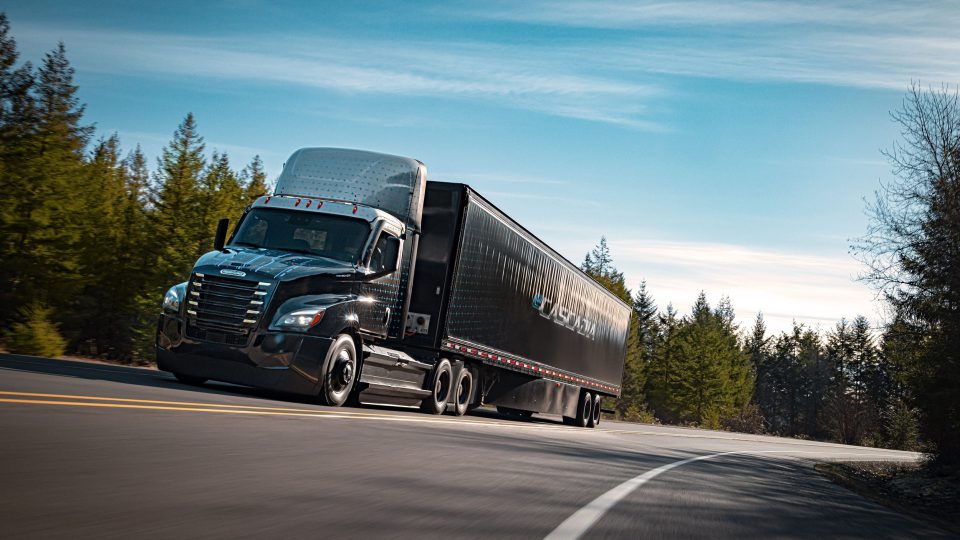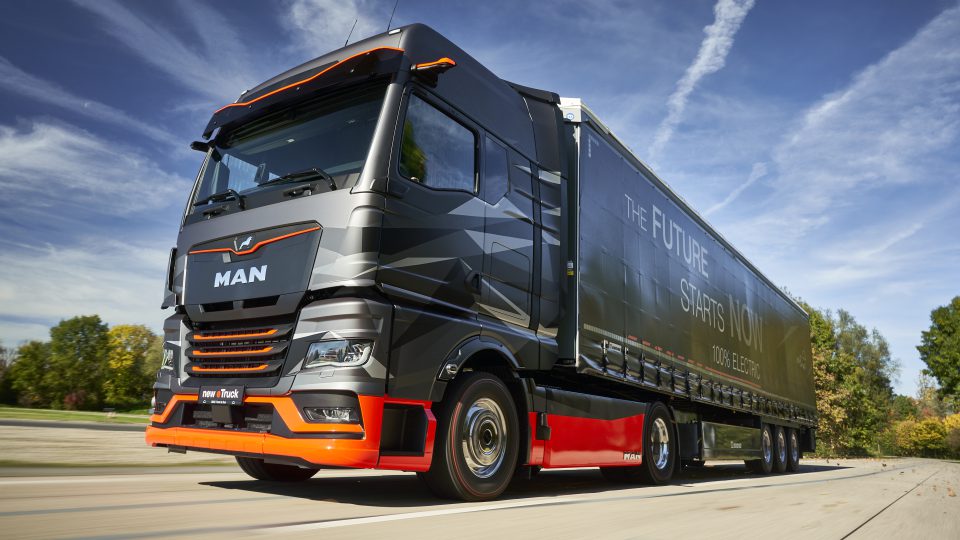No more diesel or gasoline cars and vans in Europe from 2035. The EU Parliament marks a revolution
"In the approved text, MEPs support the Commission's proposal to achieve zero-emission road mobility by 2035 with a Europe-wide goal of producing new passenger cars and new light commercial vehicles with zero emissions. Intermediate emission reduction targets for 2030 would be set at 55 percent for cars and 50 percent for vans, according to the EP position". This is the official statement from the EU Parliament.

The EU Parliament approved the EU Commission’s proposal to ban the sale of cars and vans with diesel or gasoline engines in Europe from 2035. What was approved on June 8 with 339 votes for, 249 against, and 24 abstentions is a text proposed in July 2021 by the Commission as part of the ‘Fit for 55’ program, which aims to reduce greenhouse gas emissions by 55 percent by the end of this decade (here’s a post about it).
Potrebbe interessarti
E-mobility, European cross-industry coalition pushes for robust policy framework
What the EU Parliament decided for cars and vans
“In the approved text, MEPs support the Commission’s proposal to achieve zero-emission road mobility by 2035 with a Europe-wide goal of producing new passenger cars and new light commercial vehicles with zero emissions. Intermediate emission reduction targets for 2030 would be set at 55 percent for cars and 50 percent for vans, according to the EP position”. This is the official statement from the EU Parliament. This is indeed an actual breakthrough that requires car and light commercial vehicle manufacturers to further accelerate the energy transition already underway. With imaginable knock-on consequences in other sectors, such as trucks. Moreover, the European Parliament indicates a mandatory electric charging station within 60 km, as well as a hydrogen refueling station every 150 km within the European territory.
The reactions from ACEA: the president speaking
Alongside with the approval by the EU Parliament came the very first reactions from the main EU automotive organizations. First and foremost is ACEA, the primary organization that gathers together vehicle manufacturers. On the one hand, ACEA applauds the path toward a green transition in transportation as well; on the other, however, it stresses the risks of an industrial transformation with an enormous scope, especially within a scenario based on the ban to diesel and gasoline vehicles from 2035.
Potrebbe interessarti
ACEA will have a new Director General, as of September 2022
“The automobile industry will fully contribute to the goal of a carbon-neutral Europe in 2050. Our industry is in the midst of a wide push for electric vehicles, with new models arriving steadily. These are meeting customers’ demands and are driving the transition towards sustainable mobility,” stated Oliver Zipse, ACEA President and CEO of BMW.
“But given the volatility and uncertainty we are experiencing globally day-by-day, any long-term regulation going beyond this decade is premature at this early stage. Instead, a transparent review is needed halfway in order to define post-2030 targets“, he added. “Such a review will first of all have to evaluate whether the deployment of charging infrastructure and the availability of raw materials for battery production will be able to match the continued steep ramp-up of battery-electric vehicles at that point in time”.



